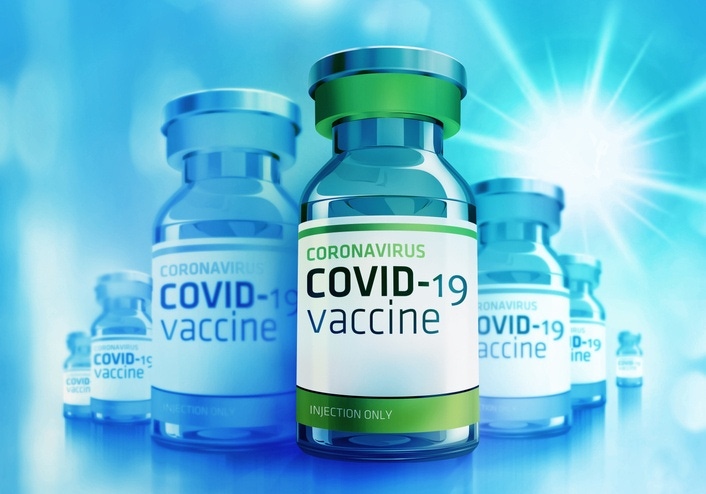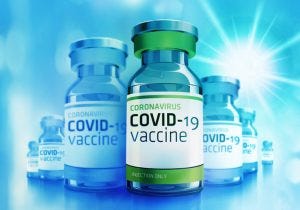Content Spotlight
Podcast: MilliporeSigma says education vital to creating unbreakable chain for sustainability
MilliporeSigma discusses the importance of people, education, and the benefits of embracing discomfort to bolster sustainability efforts.

Inovio has partnered with plasmid manufacturer Kaneka Eurogentec to support the production of its COVID-19 vaccine candidate, INO-4800.
Kaneka Eurogentec, an affiliate of Kaneka Corporation, will join Inovio’s growing network of contract development and manufacturing organizations (CDMOs) to support INO-4800, a COVID-19 plasmid DNA-based vaccine, set to move into a Phase II/III clinical trial.
The biotech has not disclosed the terms of agreement. However, Inovio’s CEO, Joseph Kim, said that “Kaneka Eurogentec will be a crucial member of Inovio’s global manufacturing consortium, supporting our plans to produce, manufacture and scale our COVID-19 candidate, INO-4800”.

Image: iStock/Rajan Supal
According to Inovio, the partnership with Kaneka will enhance the stability of INO-4800 and make it a vaccine with a favorable tolerability profile. Lieven Janssens, Kaneka Eurogentec’s CEO, echoed Kim’s statement, expressing his excitement to support Inovio’s “manufacturing needs of DNA medicines and vaccines across Inovio’s platform.”
Kaneka joins Thermo Fisher Scientific, Richter-Helm BioLogics, and Ology Biosciences as third-party manufacturers for the vaccine candidate.
Kim previously told Bioprocess Insider that Inovio’s DNA-based vaccines “are naturally a lot more stable” than other COVID-19 vaccines in development.
INO-4800 is the only nucleic-acid based vaccine that remains stable at room temperature for more than a year, he said. Meanwhile, Inovio has demonstrated other DNA vaccines in its portfolio that have a shelf life greater than five years when refrigerated.
If INO-4800 does reach the market, it may therefore be easier to distribute and administer than some of the other COVID-19 vaccines.
Pfizer/BioNTech’s recently approved mRNA vaccine needs to be kept at temperatures as low as minus 80 degrees Celsius. Moderna’s remains stable at minus 20, but will still require a solid cold-chain logistics network for its distribution.
You May Also Like